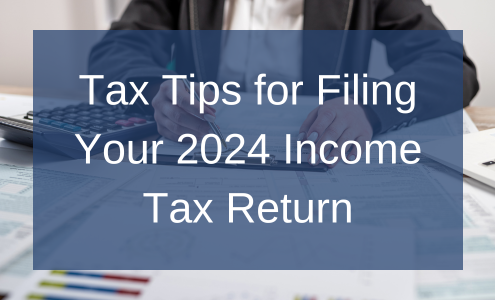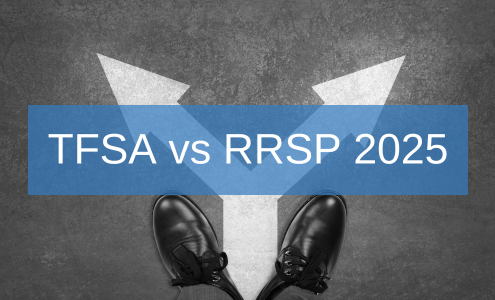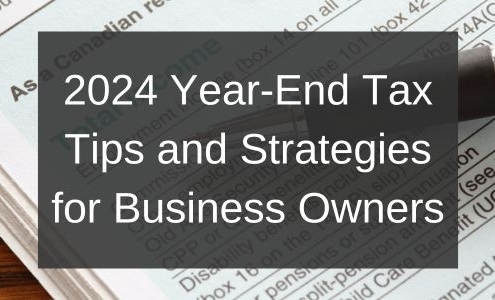RESP
Great benefits of opening a RESP
- Benefit from tax-free savings
Provided that the earnings that you make from investments are not withdrawn from the RESP, you will not pay any tax on them, giving you the opportunity to grow your savings quicker.
- Take advantage of government grants
The Canada Education Savings Grant, established by the federal government, will add to your RESP every year. What’s more, families on lower incomes might also receive money via the Canada Learning Bond. Some provinces, including Alberta, Quebec and Saskatchewan, also offer grants to eligible individuals.
- You can choose your investment options
Take full control of your finances by deciding which investments are best matched to your financial goals, appetite for risk and short / long term objectives. You can choose from a variety of options including GICs and mutual funds.
- Others can contribute towards a RESP
A friend or family member is able to set up a RESP for your child and they can contribute towards it too to help it to grow faster.
- Your children are liable for the tax of EAPs
Educational assistance payments can be drawn by your child if they take post-secondary education but they are liable for the tax on the payments. This can be beneficial as your child, while studying, is likely to have little or no income and therefore the tax burden is likely to be lower than if you were liable for it yourself.
- Benefit from your RESP account for up to 36 years
There are a few rules to be aware of relating to the time periods that apply to RESPs. For example, if you are eligible for disability tax credit, your RESP account can stay open for a maximum of 40 years. And if your child wants to take a break from studying before returning to education later, they may still be able to use the money invested in the RESP. The golden rule is to check the specific rules of your scheme in relation to every eventuality.










